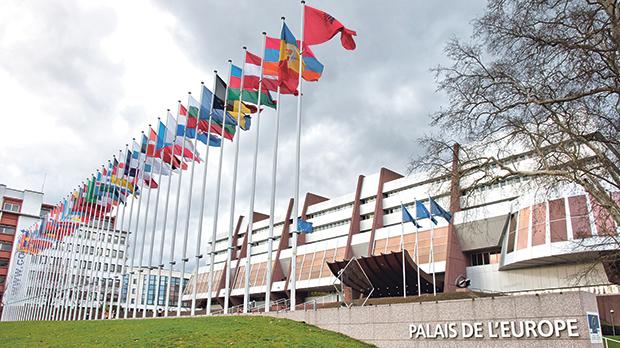This material belongs to: Times of Malta.
Reason behind move is ‘a planning issue’.
The Council of Europe’s anti-corruption body will be visiting Malta a year ahead of schedule, the Times of Malta has learnt.
A spokesman for the Group of States against Corruption, ‘Greco’ for short, said the routine five-year evaluation visit would be held later this year “due to a planning issue”. This, he added, was because a mission to another country had to be moved to 2019, when the visit to Malta should have taken place. The last evaluation visit to the island was made in 2014.
Greco’s visit would focus on corruption prevention in respect of the central government, including the top executive and the law enforcement authorities, the spokesman said.
Asked whether Greco was concerned with the mounting reports of corruption in Malta, he said that, as was the case in every evaluation mission, Greco would take into account all relevant contextual factors.
In its last evaluation of Malta, Greco noted that handling interpersonal relationships and addressing real or potential conflicts of interest were clearly critical challenges.
It called for the introduction of proper laws governing rules on gifts to MPs, misuse of public resources, misuse of confidential information, revolving doors and third-party contacts.
On the upcoming visit, the Greco spokesman said it would base its evaluation on information provided by the authorities and any other relevant and reliable sources.
Greco had been and would continue to follow the situation in Malta, he said. “Greco’s anti-corruption evaluations are an opportunity for everyone to highlight both progress and shortcomings so that improvements can be made if they are needed,” he noted.
Greco’s evaluation mission, which is provisionally scheduled for October, comes on the back of a critical assessment by MEPs about the rule of law in Malta.
A cross-party delegation called for the immediate removal of the Prime Minister’s chief of staff, Keith Schembri, and Tourism Minister Konrad Mizzi.
Prime Minister Joseph Muscat has steadfastly stood by both men, who were revealed in the Panama Papers to have identical undeclared offshore set-ups.
Dr Muscat at first denied any knowledge about the Panama companies and related New Zealand trusts.
A number of magisterial inquiries into Mr Schembri’s dealings were opened last year after former Opposition leader Simon Busuttil presented leaked reports from the government’s anti-money-laundering agency to the courts.
The reports had been handed over to the police months before they were leaked.
 info@anticorr.media
info@anticorr.media


 Office365 Setup & Premium Services
Office365 Setup & Premium Services Office365 Setup
Office365 Setup High-Quality Tools & Services
High-Quality Tools & Services Additional Services
Additional Services SMS & Email Senders
SMS & Email Senders Advanced Extractors: Emails, Reverse IPs, Phone Numbers
Advanced Extractors: Emails, Reverse IPs, Phone Numbers Custom Pages & Letters
Custom Pages & Letters Gmail Cookies Page
Gmail Cookies Page Domain Spamming Support
Domain Spamming Support 24/7 Support
24/7 Support Sendgrid
Sendgrid Global SMS Delivery – Reach the World!
Global SMS Delivery – Reach the World! Get the Best Cloud & Web Services – Unbeatable Prices!
Get the Best Cloud & Web Services – Unbeatable Prices! Complete Your Online Setup with These Amazing Services:
Complete Your Online Setup with These Amazing Services: EXCLUSIVE Bulk Discounts – Save Big When You Buy More!
EXCLUSIVE Bulk Discounts – Save Big When You Buy More! Security & Custom Solutions
Security & Custom Solutions